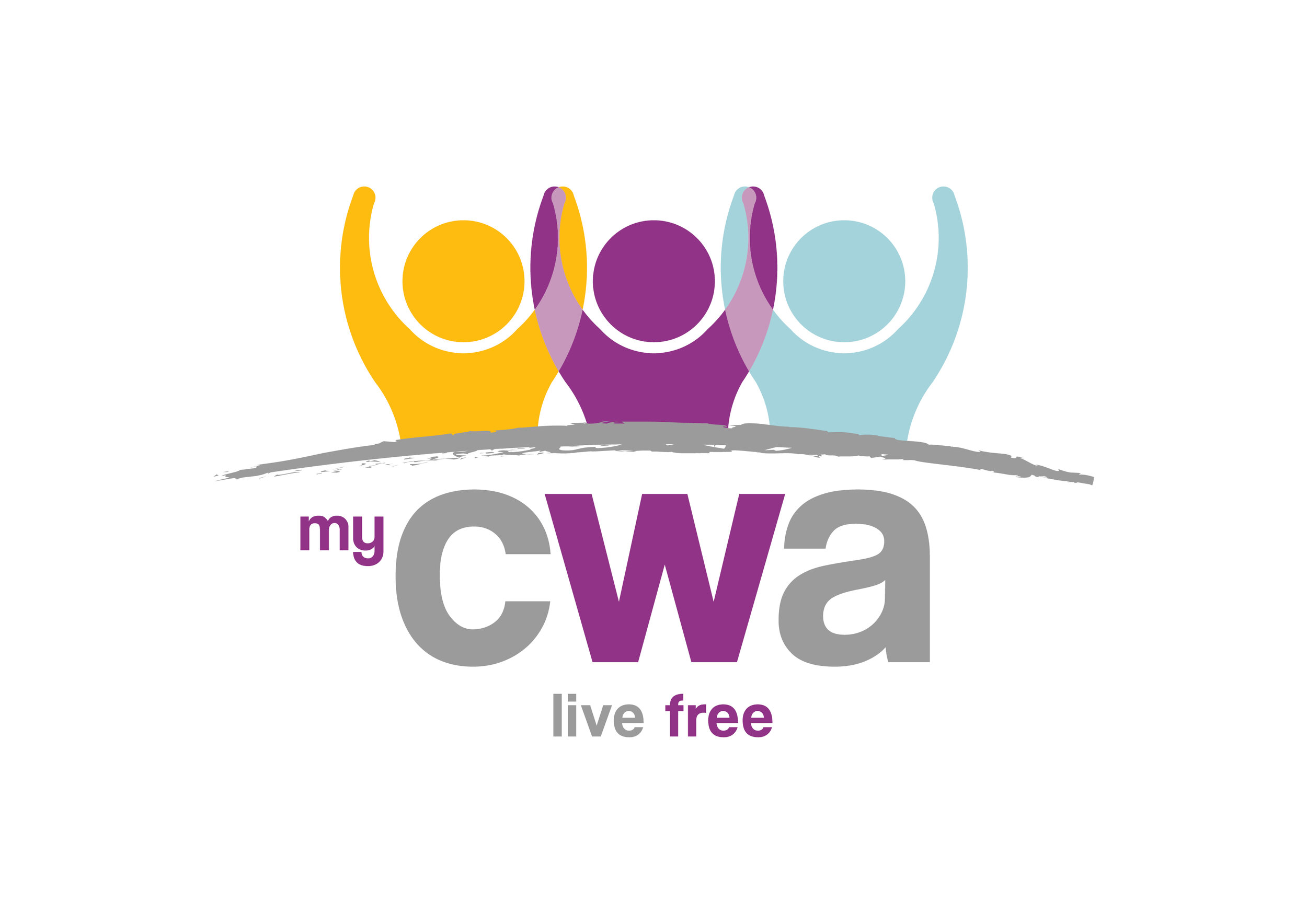verbal abuse
If your partner has ever used language to hurt you – perhaps by speaking aggressively or violently, or by giving you the ‘silent treatment’ – or by swearing, name calling, threatening or harassing you, then it’s likely that you’ve experienced verbal abuse.
What behaviours does verbal abuse involve?
Verbal abuse often forms part of an ongoing pattern of controlling behaviour.
It’s not “only” verbal abuse and it’s not any less serious – or less damaging – than physical abuse. We’ve listed some examples of verbally abusive behaviour below:
Swearing at you
Shouting at you
Calling you names
Putting you down
Threatening you
Harassing you
Ignoring you
If you’ve experienced any of the behaviours listed, we can help you. Please know that we care. You aren’t to blame. Call us now if you need to talk.
“Don’t most couples argue?”
Well yes, but arguments and abuse aren’t the same thing. Most couples have occasional disagreements – and different opinions are normal and acceptable in healthy relationships.
What isn’t normal – or healthy – is the repeated use of language to intentionally harm an intimate partner in order to assert power and control.
That isn’t about two people having a reasonable discussion; it’s about one person feeling worried about saying or doing the ‘wrong’ thing.
“But he didn’t hit me…”
The harm caused by verbal abuse is a lot easier to hide from the outside world than a black eye or a broken rib, but it can be just as damaging to the self-esteem and mental health of those who suffer.
Don’t ever let anyone minimise your experience of verbal abuse just because the scars can’t be seen. Remember, you didn’t cause this. It’s not your fault.
If you’re concerned about your relationship, visit our get help pages. For more about how we can help you, see our services page.
Or for urgent temporary crisis accommodation, call our 24-hour helpline on 0300 123 5101 (or 01270 250390 if you’re calling from another area).

